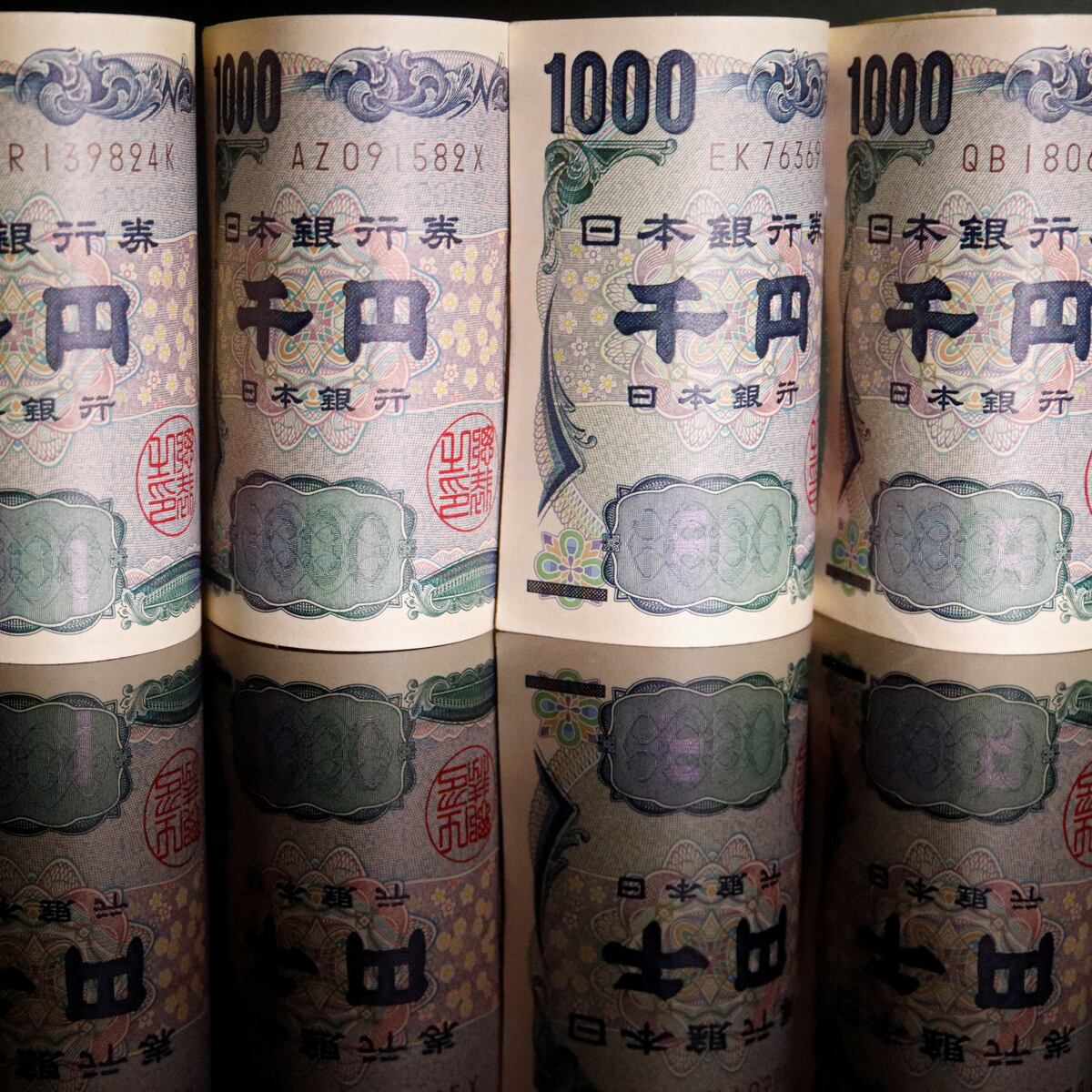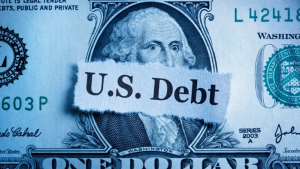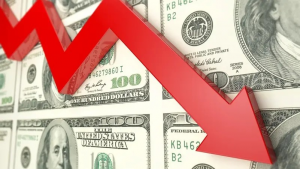Japan's finance minister said on Wednesday that authorities could take "decisive steps" against yen weakness after the currency fell to a 34-year low against the dollar - language he hasn't used since 2022 when Japan last intervened in the market.
After his comments, authorities announced that the Bank of Japan, the Finance Ministry and Japan's Financial Services Agency would hold a meeting at 6.15 Tokyo time (0915 GMT) to discuss international financial markets.
Top currency diplomat Masato Kanda is due to hold a briefing after the meeting.
The dollar slipped against the yen on news of the meeting and was last at 151.49. Earlier, the yen was at 151.97, weaker than the 151.94 level at which Japanese authorities stepped in during October 2022 to buy the currency.
Shunichi Suzuki made his remarks on Wednesday shortly after the dollar spiked on strong U.S. data.
"Now we are watching market moves with a high sense of urgency," he told reporters.
"If there's excessive moves, we will take decisive steps and not rule out any options."
Christopher Wong, a currency strategist at OCBC in Singapore, said markets were gingerly testing to see where's the line for Tokyo.
"I think that the risk of intervention is quite high, because this is a new cycle high," he said, adding that if Tokyo doesn't act, it would just encourage people to push the dollar/yen a lot higher in the next few days.
The yen has continued to lose ground despite a historic shift away from negative interest rates by the Bank of Japan last week.
Bank of Japan Governor Kazuo Ueda said on Wednesday that the central bank would also keep a close eye on currency moves and their impact on economic and price developments.
"Currency moves are among factors that have a big impact on the economy and prices," Ueda told parliament, when asked about the yen's recent sharp declines.
A weaker yen makes imports more expensive, fuelling inflation and making the cost of living more expensive while making exports from the world's fourth largest economy cheaper.
National Australia Bank (OTC:NABZY) forex strategists said ripples from the weak yen were being felt elsewhere and said that a recent sharp drop in China's yuan may be a policy response to protect the competitiveness of Chinese exports.
"It's not just a yen story. It has a domino effect that causes downside risk to other currencies," said NAB strategist Rodrigo Catril.
While the BOJ raised interest rates for the first time since 2007 last week, markets now believe the next hike may be some time away.
That has reinforced the yen's use in carry trades, in which investors borrow in a currency with low interest rates and invest the proceeds in a higher-yielding currency. Japanese investors can also get much stronger returns abroad, depriving the yen of support from repatriation flows.
For the current quarter that ends later this week, the yen is the worst-performing major currency, down more than 7% on the dollar.













